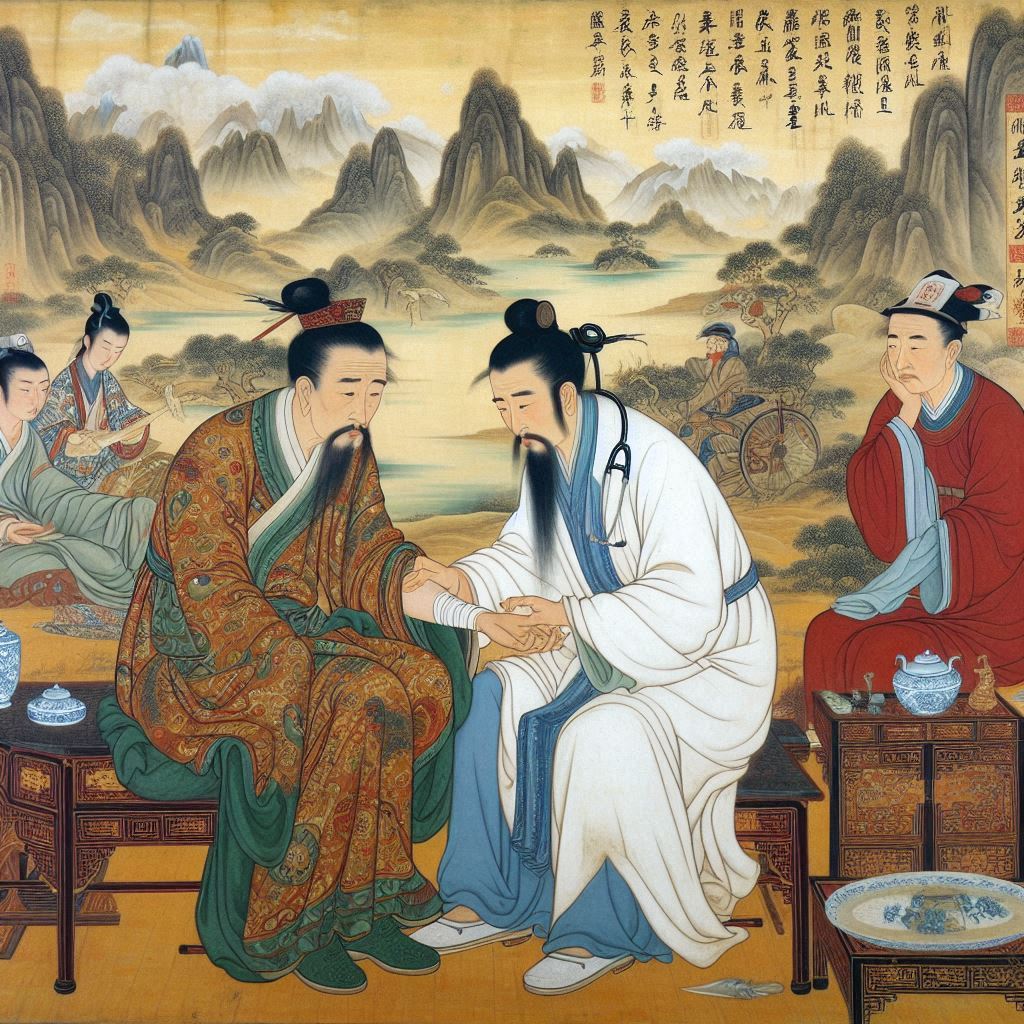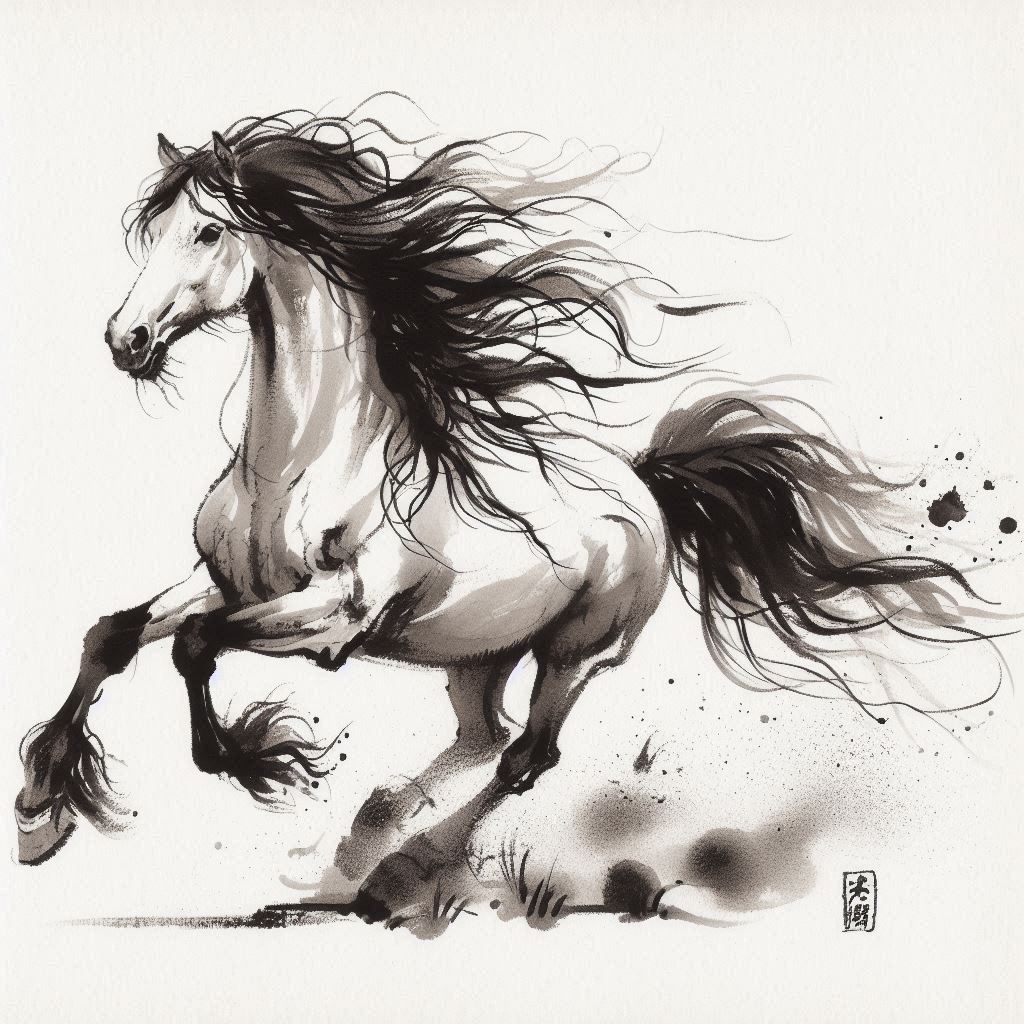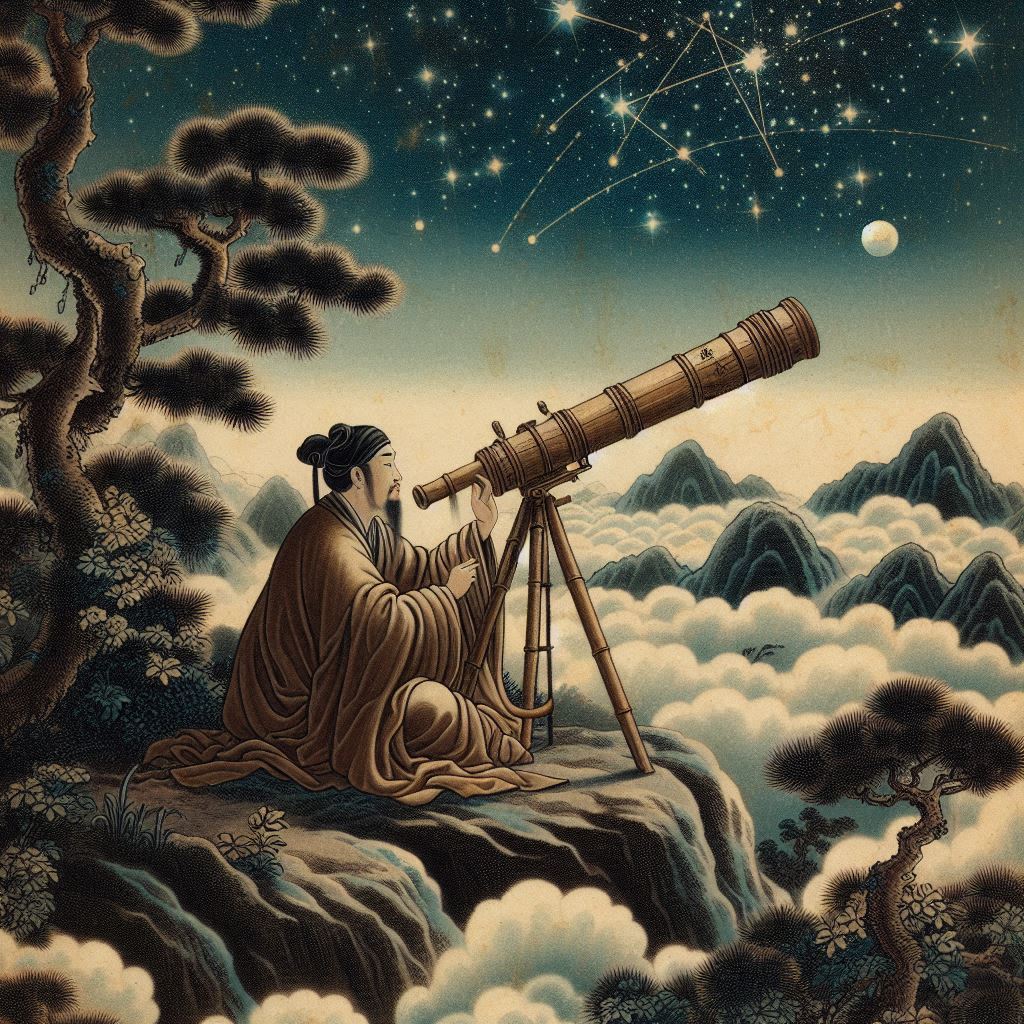Welcome!
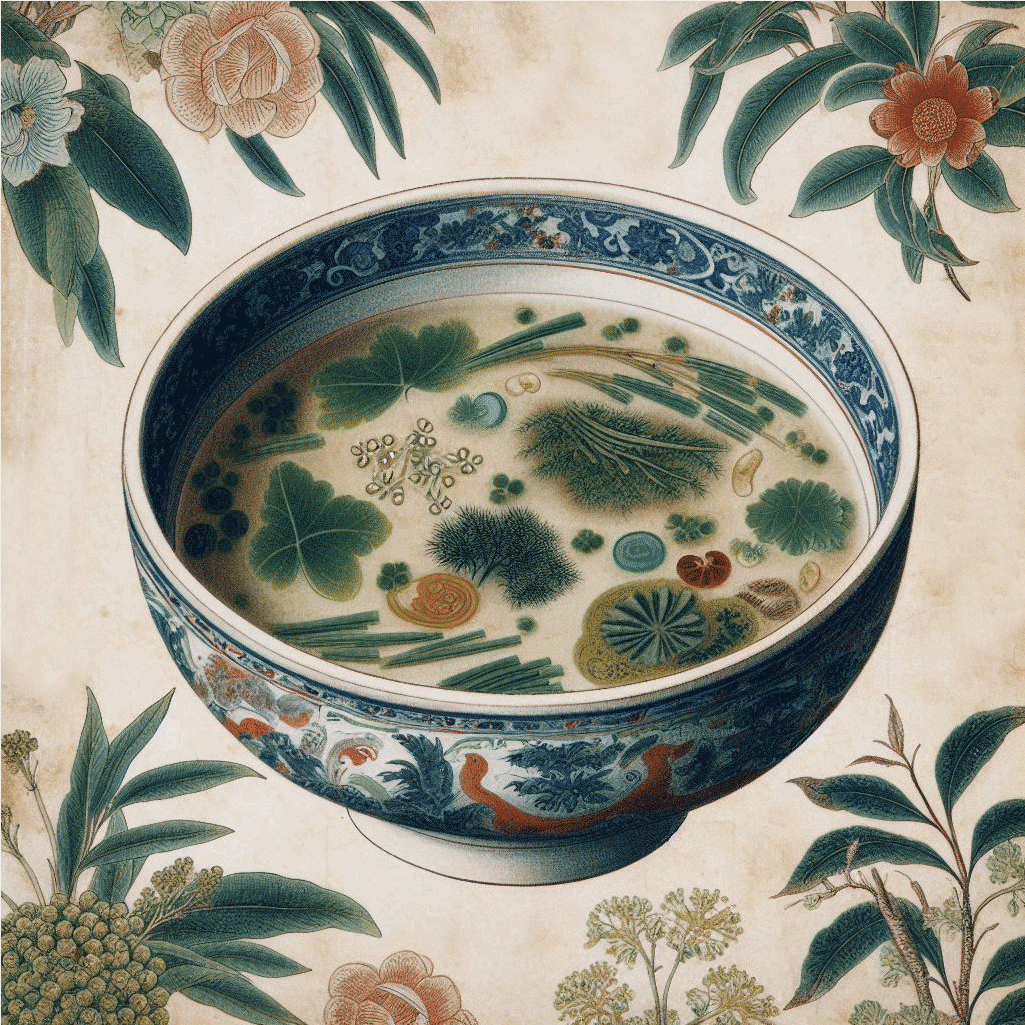
Food is something we continuously use to sustain our lives. Learning what foods are healing (and what disruptive) for one's condition has the potential to convert every single meal into a form of therapy. Since we eat multiple times a day, the “food as medicine” approach can transform ordinary meals into daily remedies that help correct physical and emotional disharmonies and promote overall health.
In "Little School of TCM" we will explore the human body and its physical and emotional disharmonies from the perspective of traditional Chinese medicine. In TCM, the main treatment methods are acupuncture (acupressure), herbal therapy and medicinal nutrition. In Little School, we study how medicinal nutrition/food therapy is incorporated, and how acupressure and herbology may be used as complimentary approaches. In other words, the main emphasis of the school is the "food is medicine" concept. However, here we need to point out something essential - food therapy is not a "diet", "program" or "regimen", but a way of life. It's meaningful, colorful, healthful and... brings joy!

Module 1
First Steps in Traditional Chinese Medicine and Food Therapy as Therapeutic Approach
In this course, we will learn how the human body works from the perspective of traditional Chinese medicine, what are the causes for the various physical and emotional disharmonies, and how these disharmonies might be approached with one of the purest biochemical healing methods known– food therapy. The course will begin with a general introduction to traditional Chinese medicine theories used in diagnosis. We will look in greater detail at three of these theories, which will serve as a foundation that will help us understand how the human body works from the perspective of TCM and how the various ailments and disharmonies develop. With this new understanding, we will look at the healing properties of foods based on their unique temperature, taste and color, and we will get to understand the "food is medicine" concept. We will talk in detail about how the disharmonies in the human body may be balanced with different types of foods. We will conclude the course with 'kitchen medicine' and try to create some interesting and healthful dishes.
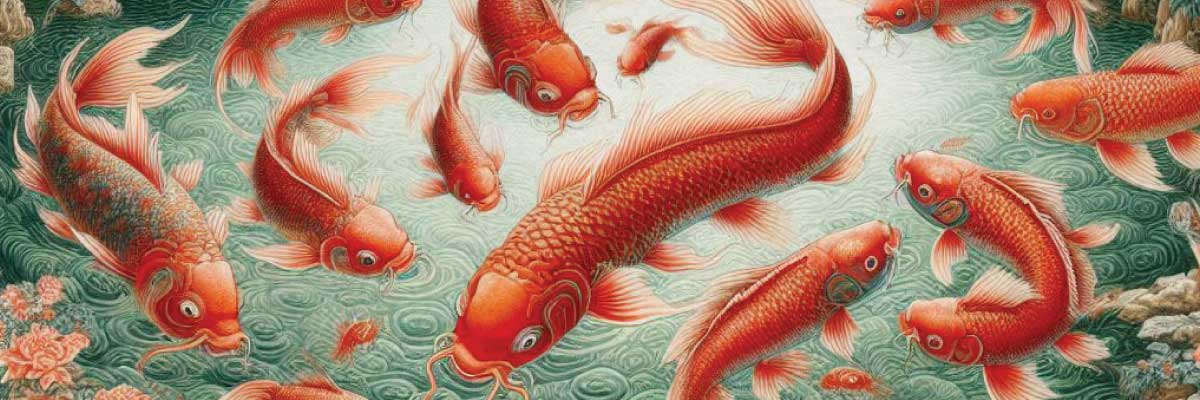
Module 2
The 7 emotions - the Internal Cause of Every Disease
In this course we will understand how traditional Chinese medicine views the abstract part of our being. We will get to know the "ethereal" and "corporeal" souls and understand the concept of the "mind" in TCM. We will then look at the 7 emotions that according to TCM are the internal cause of every disease and find out which organs they are associated with. We will learn how to recognize the organ behind the painful emotion, judging by the physical symptoms accompanying the painful emotion. We will understand how with some of the purest healing methods known – food therapy and acupressure - the organ associated with the painful emotion may be approached and through this - how to assist in transforming and harmonizing the emotion itself. In other words, we will understand how negative, painful emotions can be influenced not only through our mental awareness, but also through our physiology and biochemistry.

Module 3
Traditional Chinese Medicine for Children's Health
In this course we will look at the health of the child from TCM perspective. From this perspective the body of a child, unlike that of an adult, is less often affected by chronic internal disharmonies, because the child does not yet have accumulated toxins, stress and negative emotions. Thus children suffer more from acute illnesses rather than chronic. These acute illnesses according to TCM are caused by six climatic factors, called "the 6 evils". In this course we will understand what "the 6 evils" are, how they manifest and in which seasons they prevail. We will explore how to protect the child from the 'six evils,' as well as how TCM addresses cases when they do manage to 'attack,' using food therapy and acupressure. We will go over a system for strengthening the immune system of the child through nutritional formulas, Chinese massage, gentle cooling and rest.
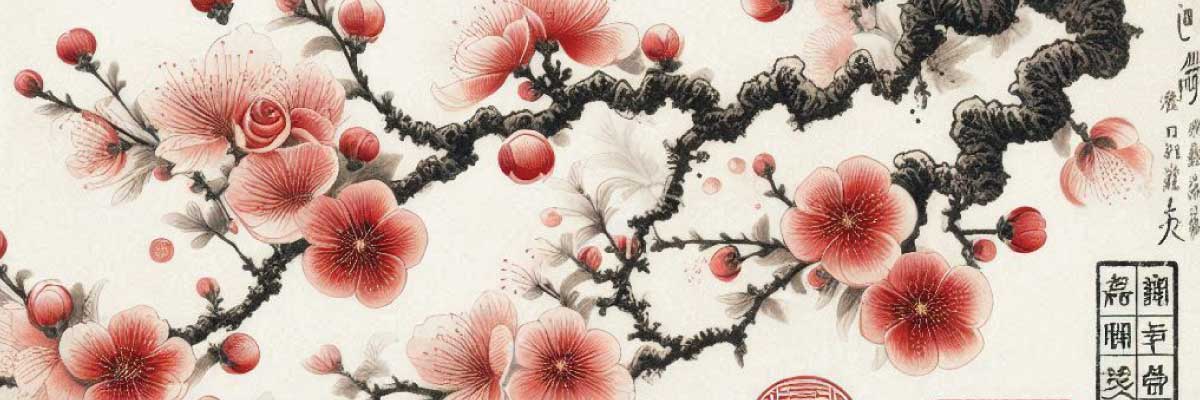
Module 4
Traditional Chinese Medicine for Women's Health
In this course, the woman will gain a different understanding about her body. This course examines the female physiology through the perspective of traditional Chinese medicine. We will look at a range of symptoms related to the female menstrual cycle (as well as other features related to the female physiological maturity) and understand how different foods and acupressure points may be beneficial in harmonizing these painful monthly physical and emotional states.

Module 5
First Steps in Chinese Herbalism and a Short Walk Through Chinese Materia Medica
This module is an introduction to Chinese herbalism. Here we will look at the different classes of herbs in traditional Chinese medicine, which are systematized based on the disharmonies of the human body. We will look at representatives of the 10 most common classes and find some Western equivalents. During the course, we will derive the temperature and medicinal indications of over 40 Western herbs, using the principles and strategies of traditional Chinese medicine. We will learn how herbal potions and formulas are made in TCM, and how the healing structure of herbs might be changed. We will examine the healing properties of the five tastes (sweet, sour, salty, bitter, pungent), and how TCM uses them to benefit health. We will conclude the course with "kitchen medicine" and try our hand at creating recipes for herbal soups, appetizers, and desserts.
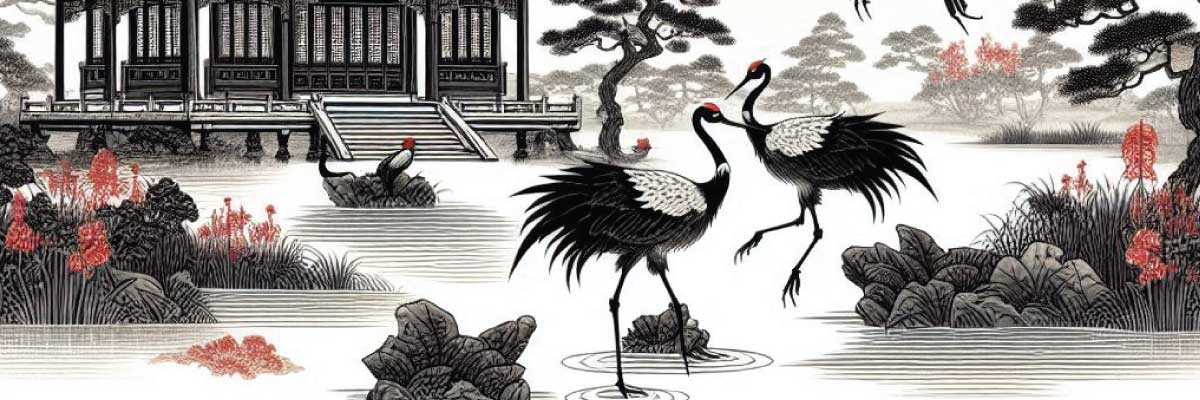
Module 6
Тraditional Chinese Medicine for Body Pain and Inflammation
In this course, we will explore the TCM perspective on the root causes of acute and chronic inflammation, fixed and 'moving' pain, spasms, cramps, numbness, and stiffness. We will also discover which foods and acupressure points might help restore balance in these painful conditions. We will get to know the Bi syndrome, which will help us grasp the TCM etiology of arthritic diseases, and the Wei syndrome - the TCM etiology for motor impairment.

Disclaimer
The purpose of the school is to educate and inspire. The information taught in the modules is for educational purposes only. Always consult with your doctor (or a qualified medical professional who is familiar with your condition) before taking herbs, starting a new therapy, or making changes to your diet and lifestyle. By enrolling in our classes you certify that you have read and agree with our Disclaimer.
Schedule and Pricing
Course Structure and Enrollment
Modules 1, 2, and 5 are two-day courses, while Modules 3, 4, and 6 are one-day courses.
Module 1 is introductory, foundational, and mandatory to begin with. After successfully completing Module 1, you may enroll in any other module of your choice.
If you would like to enroll, please contact us to arrange your schedule — our email address can be found at the bottom of this page.
Courses are usually held on weekends and conducted via Zoom.
Course Fees
The two-day modules (Modules 1, 2, and 5) cost $200 per course.
The one-day modules (Modules 3, 4, and 6) cost $100 per course.
Students who enrol in Module 1 will receive a free one-year membership to the Holosapiens Project — a $60 value. To learn more about membership benefits, click here.
Contact

